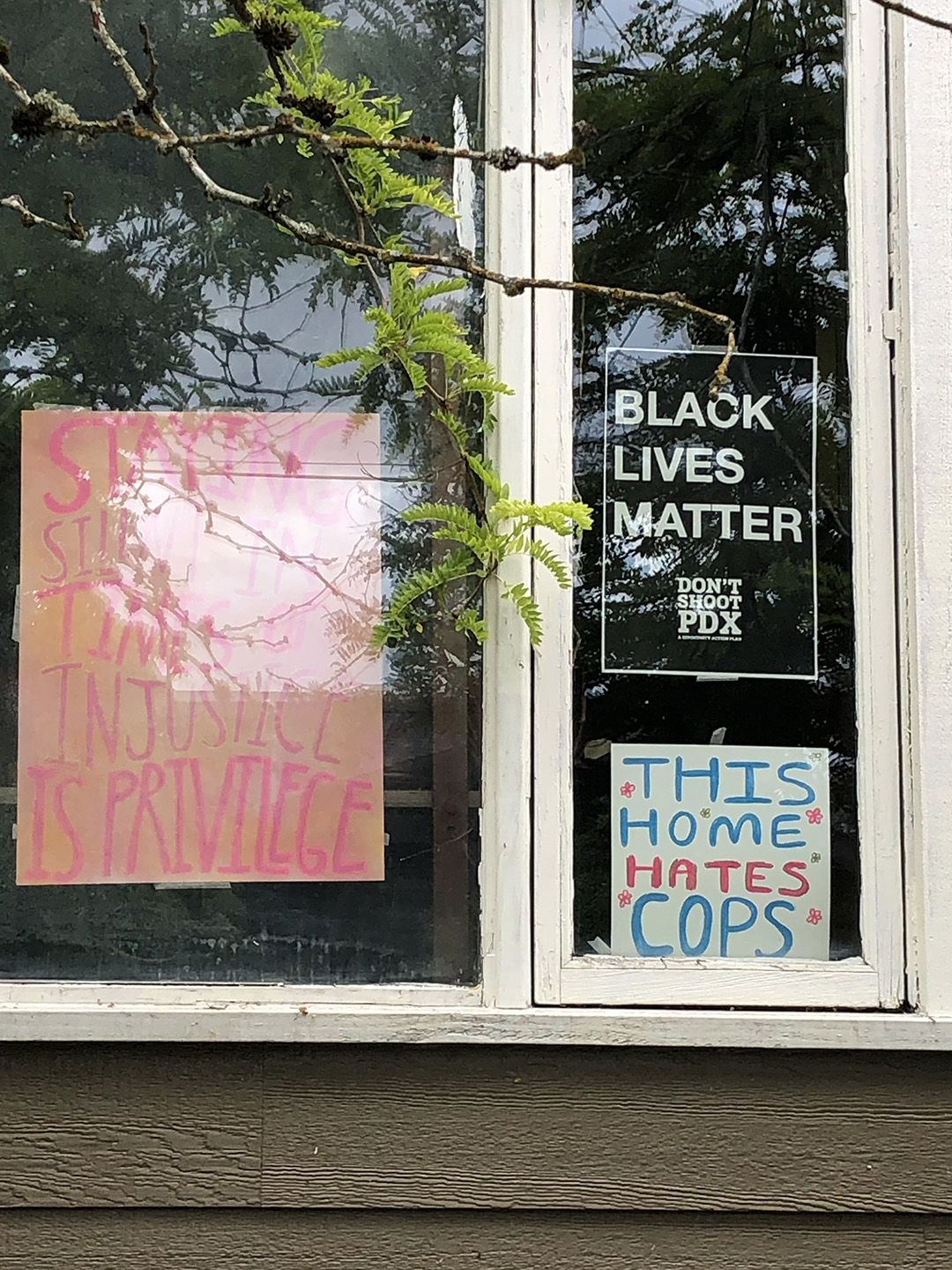The dictionary Merriam-Webster gives us a few definitions of silence as a noun:
1: forbearance from speech or noise : MUTENESS
2: absence of sound or noise : STILLNESS in the silence of the night
3: absence of mention:a: OBLIVION, OBSCURITY – b: SECRECY weapons research was conducted in silence
or as a verb:
1: to compel or reduce to silence : STILL//silenced the crowd
2: SUPPRESS //silence dissent
3: to cause to cease hostile firing or criticism// silence the opposition
Silence, in other words, is not just a desirable state to enable contemplation or soothe our stretched nerves. It can also be used to achieve certain communicative goals: keeping a secret (which can be good or bad,) signaling who belongs to certain groups or serving as a means of exclusion, or as manipulation in the service of power. You can be silent because you have nothing to say, or you don’t want to say something or you are not allowed to say something.

There are controlled, calculating silences: The majority of Republican politicians, until yesterday, were silent on the wearing of masks even though all scientific evidence pointed to them as effective in slowing the pandemic. Being silent on the numbers of infected people seems to be a magical tool to make the disease disappear, whether we are talking the President’s proposals regarding testing, or the disappearance of hospital admittance statistics across red states.

Then there are resigned, powerless silences – children who are undergoing traumatic experiences often cease to speak. People who have never been listened to don’t want to waste energy by futilely raising their voices.
Silence is often socially and culturally regulated: who gets to speak first or who does not get to speak at all tells volumes about power hierarchies. There are not many languages who do not have proverbs that allude to the desire to silence chattering women folk, for example. And we can finally put a myth about gossiping women to silent rest: new research shows they don’t do any more of that than men.

Many terms in both German and English connote a critical or negative perspective rather than a positive one: “Shut Up!, wall of silence, I’m lost for words, under the cloak of silence, speechlessness, the silence treatment, shocked into silence, hushing something up. (The German translation for the last one, by the way, is literally “killing with silence,” totschweigen, wanting to make something disappear for good.)
Silence, then, can be political. Some years back, for example, a famous German author, Martin Walser, talked in his acceptance speech for the Peace Prize of the German Book Trade about the “instrumentalization of the Holocaust” and the Nazi concentration camp Auschwitz as a “moral bludgeon.” Let’s no longer talk about it, we feel bombarded! He recommended that Germans withdraw to their own conscience, to a place of “profound inward solitude” and engage in “the withdrawal into themselves.”
All hell broke loose. The solution to return to the individual conscience in order to avoid the public remembering, silencing it, in effect, was not something that sat easily with many people who had worked hard to educate about the Holocaust particularly in light of the rising neo-fascist tendencies in younger generations as well. The Jewish community was mortified, with its then-leader Ignaz Bubis decrying the re-establishment of a scenario which has nourished anti-Semitism for hundreds of years: the revengeful Jew, who doesn’t want to make peace and the poor Christian victim who seeks salvation through his quiet lonely suffering. (Ref.)

Closer to home we have a great many examples of silence in politics to choose from – beginning with Richard Nixon’s invocation of the silent majority in 1969. Or think of the current debate around the persistence of racism in all of its ugly forms. Pence, for example, has not allowed the words Black Lives Matter to cross his lips even if directly asked in interviews. Police departments around the country are silent on crimes committed against Black citizens, until public pressure boils over. The current failure of the Senate to pass pending legislation – The Emmett Till Anti-Lynching Bill – is another example of silence on the part of the American state. No federal law was EVER passed to criminalize the practice of lynching.

The moment of silence that is invoked like clockwork in our age of mass shootings is a tool as well: we do not wish to acknowledge that gun suicides claim more than 20,000 lives in the United States annually; that American women are 11 times more likely to be shot and killed than their counterparts in other high-income countries; that black men account for 6 percent of the U.S. population but half of its gun homicide victims. With its roots in religious practice the gesture seems to indicate that we are helpless to prevent something we’d like to think of as an act of G-d, rather than the outcome of profit motives for the weapons industry combined with structurally racist policies.

Back to the word itself: silence has its etymological root in the latin verb desinere: to cease, stop, desist, abandon. Silence across history has been responsible for abandoning those who needed a voice, their own being stopped. Silence, if you want to reverse the letters, gave license to the abuse of power. Let’s desist.
Photographs today found on a walk along NE 22nd and surrounds.

Music by Sir John Tavener, composed to capture his escape from a near-death experience.






Marlana Rice
Powerful! Thank you!